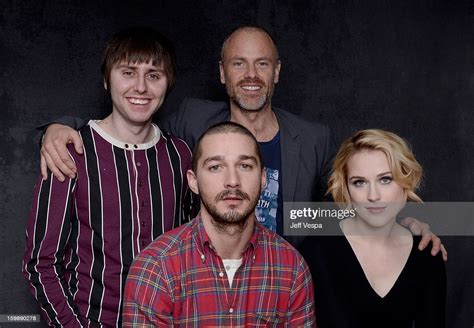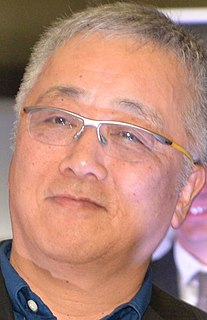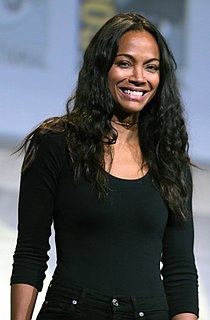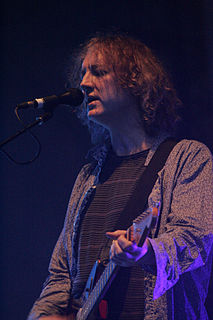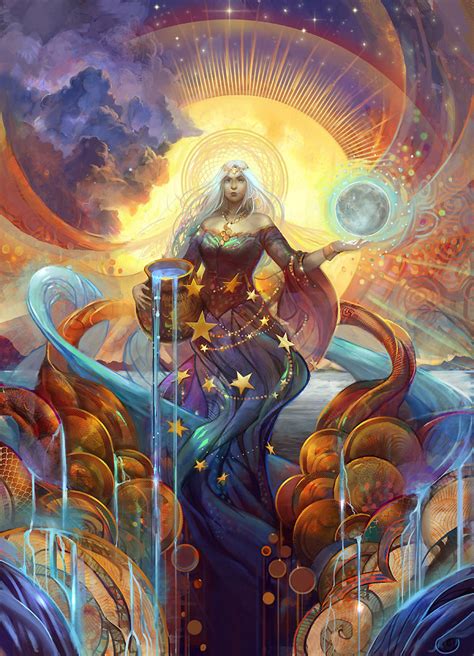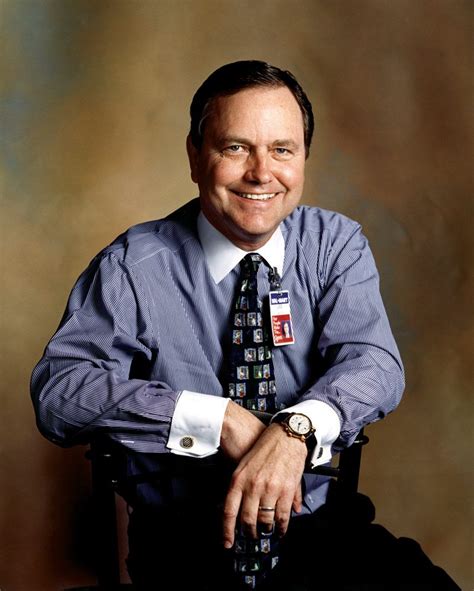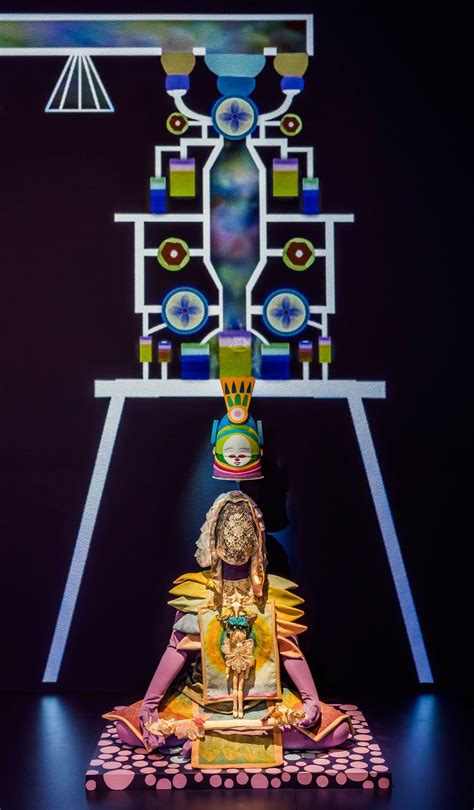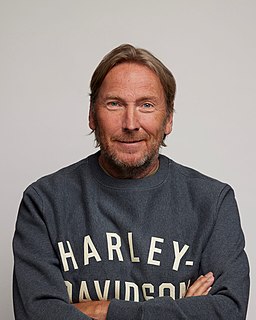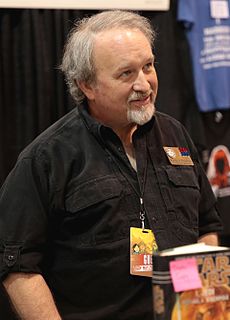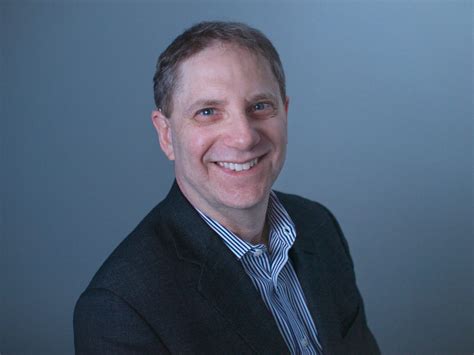A Quote by Tyler Oakley
I think traditional is trying to go more digital and digital is trying to go more traditional. We're meeting in the middle.
Related Quotes
Although all studios are now moving towards digitalization, a foundation in which we draw pictures by hand hasn't changed, so I foresee that we will continue to keep it in the future. After all, we used the digital method based on a conception of expanding and advancing the expression of the traditional animation cel in Steamboy. The first goal of this project was to overcome limitations of camera angles caused by platforms. On that aspect, I won't go back to the traditional method. I hoped to combine the merits of the traditional method of cel animation with the merits of the new CGI method.
We all know of the dangers and inequities of the traditional digital divide: People who have good access tocomputer networks have a distinct advantage - in terms of both life opportunities and quality of life, I wouldargue - over the vast majority of the world's population that does not yet have good access to computernetworks. The "other" digital divide points to an increasingly unstable situation that has developed inlibrarianship as digital libraries have evolved and matured.
I believe that every photographer, every artist, should choose materials and equipment based on their own vision. I don't believe that non-digital is necessarily better than digital, or the reverse for that matter. They are just different, and it is my preference and choice to remain with the traditional silver process, at least for the time being.
The traditional media does not have the kind of reporting muscle on the ground that it used to. I was very hopeful that the new digital media operations would pick up that slack, and a lot of them are trying and they're doing creative things. But none of them can scale appropriately to have enough journalistic firepower as well.


